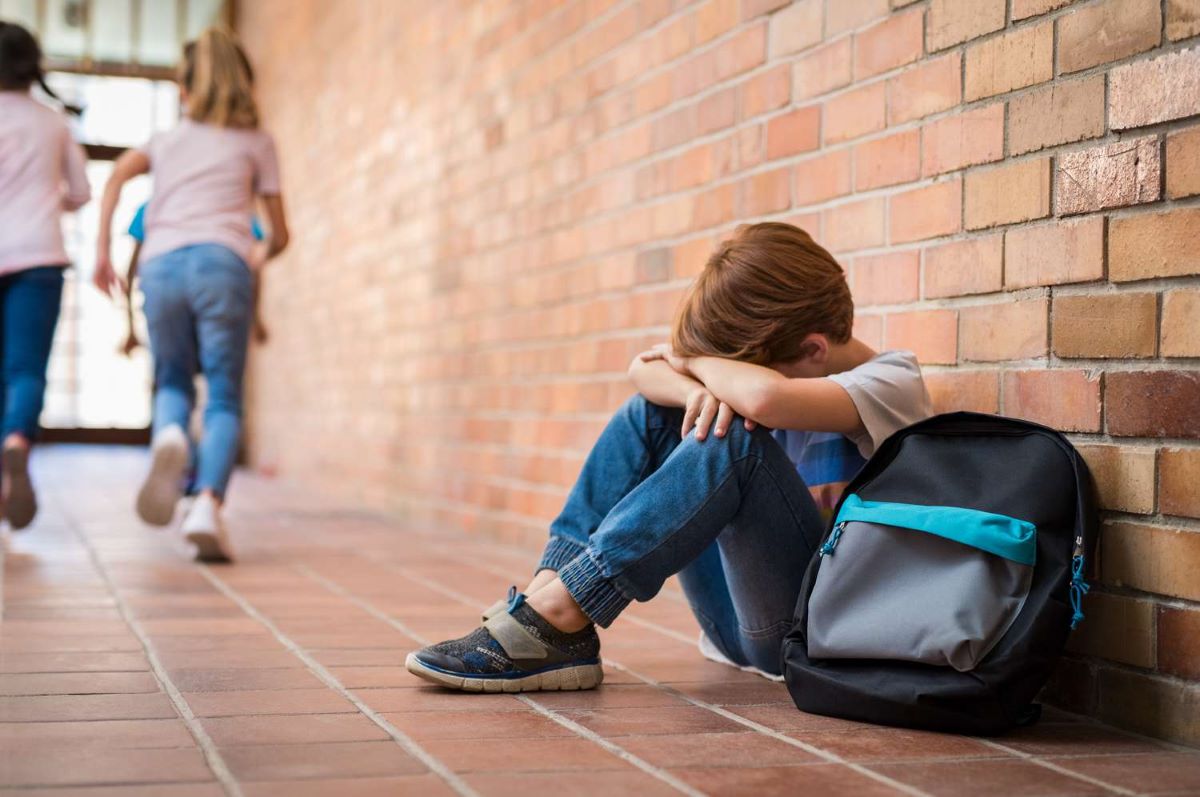Metro
7 Bullying Signs Parents Must Watch In Children

Bullying is one issue that students might have trouble talking about. However, it’s important to know how to recognize warning signs of bullying, and to know what to do if you or your student notices any signs of bullying in school.
Trouble sleeping
Stressful bullying situations may also interfere with your child’s sleep patterns. Take note if your child has more trouble than usual getting up in the morning or falling asleep at night. Inconsistencies such as excessive or inadequate sleep can be a warning sign of bullying, as can recurring nightmares or bedwetting for a child who normally remains dry.
Aggression
A child who is being bullied may begin to get in trouble more often at home or at school. They may behave more aggressively and may even bully siblings or other younger, smaller kids. If you begin to notice this symptom of bullying, start a conversation with your child or ask a counselor for help.
Low self-esteem
Pay attention if your child begins to mention running away or feeling helpless or not good enough. Sometimes feelings like these can lead children to attempt to hurt themselves or begin substance abuse.
Changes in socialization
A sign of bullying in high school may present itself in your student spending more alone time than usual, and avoiding peers, friends, family members, and social situations. Another symptom of bullying might be if your student becomes withdrawn, evasive, fearful, or clingy.
Change in eating habits
Unexpected eating changes can be related to stress or may stem from a bully stealing food or lunch money. If you notice changes in your child’s eating habits, gently speak to them about what may be going on.
Frequent illness and injuries
A recurring pattern of headaches, stomachaches, and other physical ailments—whether real or those you suspect are fake—can be signs of bullying of a child.
Mood changes
If your child seems moody, sad, or depressed—particularly if there is no apparent cause—pay attention and consider if it could be a symptom of bullying. The same is true if your child seems angry, frustrated, agitated, or stressed out before or after activities with peers.
Send Us A Press Statement Advertise With Us Contact Us
And For More Nigerian News Visit GWG.NG


